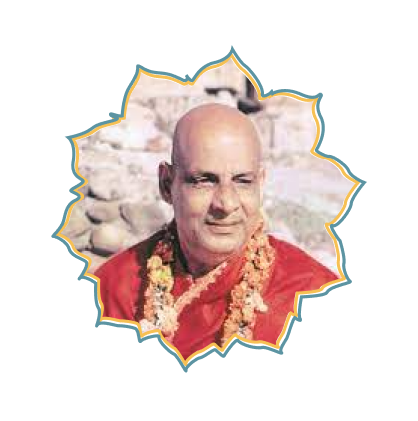The Teachings
Meet with our teachers and 5 principles of yoga
Swami Sivananda
One of the greatest yogis of India of the 20th century. Considered a master in all areas of yoga. Author of more than 300 books.
Yogic knowledge and practices, which had been kept secret for thousands of years and passed on from teacher to student, were allowed to be published and disseminated to the masses in English thanks to his great and revolutionary life's work.


Swami Vishnu Devananda
Swami Sivananda's first ambassador to the West and one of his senior disciples. He founded the international Sivananda organization.
Wanting to make the principles of the Torah and yogic practice accessible to the people of the West in the most friendly manner possible, he grouped all the principles of Moran's teachings (from 300 books devoted to the philosophy and practices of classical yoga) into 5 simple logical and practical principles.

learn more to 5 points

The word Asana means steady and comfortable posture. They are practiced in a systematic way in order to stretch the body, relieving tension and increasing flexibility and to improve blood circulation, oxygenating the tissues, removing toxins and carrying nutrients throughout the entire system

Pranayama is a powerful tool to render the mind calm and clear and the intellect sharp. Through slow, deep, conscious breathing one can reduce stress and many other disorders associated with poor breathing habits

Techniques of deep conscious relaxation, allow the practitioner to experience a complete rest for the body and mind while aware of it. It allows the body to replenish itself with energy overcoming the fatigue and the mind to become free from worries and anxieties

There are various reasons for vegetarianism, among them are non-violence against other living creatures, environmental and economic purposes and also the subtle effect that the food has on the body and mind. Yoga teaches that foods which stimulate the mind and the system and those that make them slow and lethargic like eggs, meats, fish, onion, garlic, coffee, drugs, tobacco and alcohol, are best avoided

Through the practice of the four previous points, one becomes happier and with a better approach of life. Then through positive thinking one begins to feel better about oneself and to accept the situations in life with a clearer understanding. Meditation is then achieved as the mind no longer dwells scattered on worries and preoccupations and is slowly brought to one-pointedness
